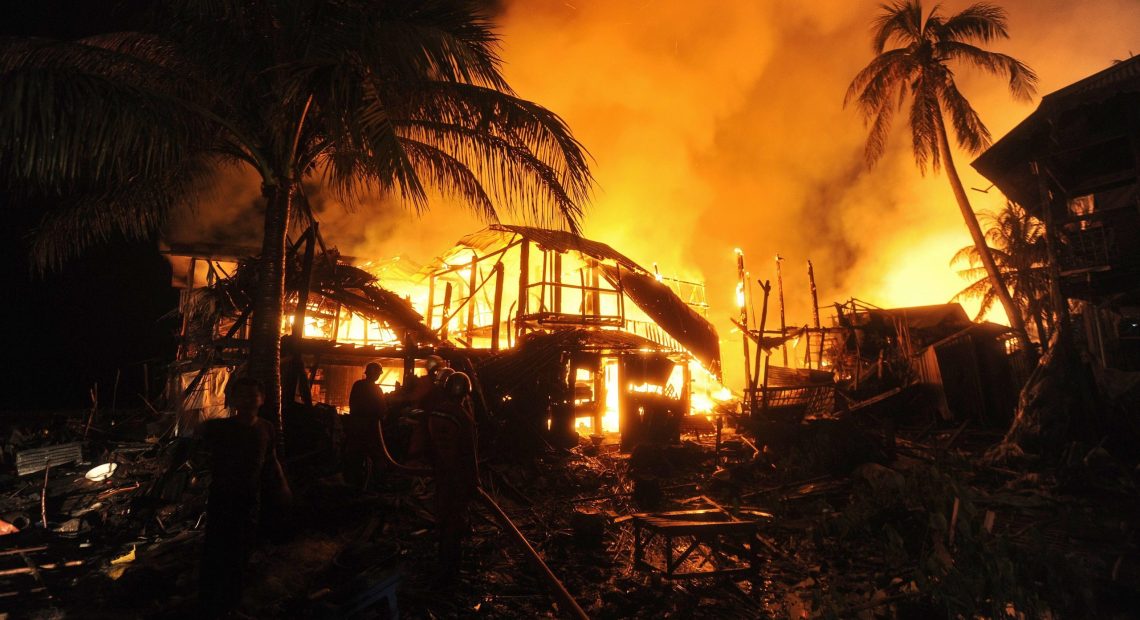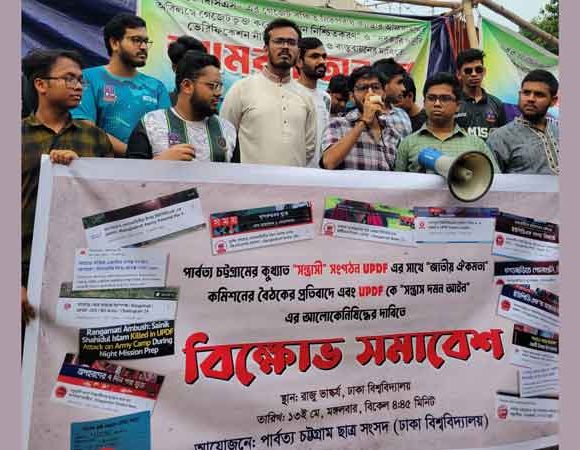The inside story of Myanmar govt’s info war on Rohingya


The three stories arrived at around 11 pm on June 4, 2012 with instructions to change nothing but the spellings, wrote then Myanma Alin editor-in-chief U Hline Win (pen name Tekkatho Maung Thu Hlaing) in his recently published book, “The History of State-Owned Newspapers and My Journalism Career”.
The following day, Myanma Alin and another state-owned Burmese language daily, Kyemon, published the three stories – about the rape and murder of Ma Thida Htwe by three Rohingya men in Rakhine’s Ramree Township; 10 Muslims who were killed in retaliation by a lynch mob; and a Muslim crowd attacking a police station in Rakhine’s capital Sittwe in protest at the lynching. It was the headline of the second story – “Ten Muslim Kalars on board Yoma Thitsar passenger bus from Thandwe to Yangon killed” – that poured petrol on the flames of ongoing sectarian tension.

Kalar is a racial slur for people of Indian origin, and the choice of the phrase “Muslim Kalars” attracted criticism. Muslims gathered outside a mosque on Sule Pagoda Road in Yangon and staged a peaceful demonstration calling on the Information Ministry of the then military proxy U Thein Sein government to issue an apology.
“I want the Rakhine issue to be resolved peacefully. I don’t want to see racial and social strife. Authorities should not use terminology that fans the flames,” said late journalist and former political prisoner Hanthawaddy U Win Tin at the time.
U Ye Htut, then director-general of the Information Ministry’s Information and Public Relations Department, told Voice of America at the time that the ministry was reviewing its use of the term after it sparked public complaints.
On June 6, state-run newspapers published a correction, replacing “Muslim Kalars” with “local Islam followers” in the headline. But the damage had already been done.
On June 10, as ethnic violence in the western state intensified, the government declared a state of emergency. The Rakhine conflict then escalated, culminating a few years later in a crackdown by security forces that the UN called a genocide of the Muslim Rohingya.
U Hline Win wrote in his book that he advised higher-ups not to use the term “Kalar” in newspapers, saying “Muslim” should be enough. But he was instructed to use it anyway. He said it was his duty as an editor to correct usages, but he was not allowed to do so.

The instruction came from the Information Ministry, then headed by former Brigadier-General Kyaw Hsan, who was part of the Defense Services Academy (DSA)’s 11th intake. His public relations chief U Ye Htut, part of the DSA’s 22nd intake, became deputy information minister later in 2012 before being promoted to government spokesman and information minister.
But the government’s tone of anti-Muslim hatred had already been set by another ex-military man, U Zaw Htay, also known as Hmuu Zaw, who was serving as a director of the President’s Office. Part of the DSA’s 37th intake, the former major – who also served as spokesman of the ousted National League for Democracy government and died last year – was writing incendiary posts on Facebook, inciting racial hatred between Rakhine’s Buddhist and Muslim communities.
When communal strife flared between Arakanese Buddhists and Rohingya Muslims in 2012, Zaw Htay uploaded pictures – that he later deleted – which fueled tension between the two communities.
Former information minister U Ye Htut wrote about the Rakhine conflict in his book “Myanmar Politics: Reforms and Lost Opportunities”. In the book he lavished praise on Thein Sein’s government but omitted to mention the three inflammatory stories sent out for publication by the Information Ministry during his time as its director-general.

















